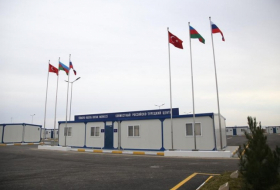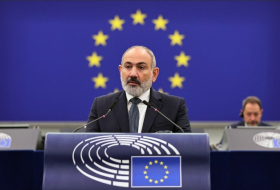While stressing that the range of options it contains are hypothetical, the government outlines only scenarios in which “direct” ECJ authority is eventually replaced by a new court or committee over which Europe maintains “indirect” control.
It has also become clear that the UK government is now open to preserving the direct authority of the ECJ throughout the interim transition period after March 2019 – during which it is expected to spend years negotiating a new trade agreement.
News of the government’s evolving position has led to a growing political storm this week, with Tory Brexit supporters claiming Theresa May is abandoning the hardline position she set out in last year’s Conservative party conference speech and in a speech at Lancaster House in January.
European determination to use the ECJ to protect the rights of its citizens and companies after Brexit is forcing the UK into a corner and threatens to derail talks in Brussels before the British negotiator, David Davis, can switch the discussion on to trade and future relations.
Prior to the launch of the new policy paper, the justice minister Dominic Raab conceded the UK would have to keep “half an eye” on rulings by the European Union’s highest court in future.
“The UK will engage constructively to negotiate an approach to enforcement and dispute resolution, which meets the key objectives of both the UK and the EU in underpinning the effective operation of a new, deep and special partnership,” concludes the policy paper.
However, in the run-up to the publication of the paper, May insisted ministers had not climbed down over the role of the ECJ. She said the UK would “take back control” of its laws after being accused of a climbdown on axing links with European courts.
Speaking during a visit to Guildford, the prime minister said: “What is absolutely clear, when we leave the European Union we will be leaving the jurisdiction of the European court of justice. Parliament will make our laws. It is British judges who will interpret those laws and it will be the British supreme court that will be the arbiter of those laws.”
The UK government is, however, prepared to enter negotiations about the role of the ECJ during the interim implementation phase that it last week admitted was necessary to negotiate new customs and trade relations. It is understood this may involve maintaining direct control for a limited period.
In the long run, the government draws a distinction between enforcement mechanisms and dispute resolution once the new Brexit agreement is in effect – arguing that individual complaints can be dealt with solely by UK courts and only government disputes escalated to the new arbitration body.
However, test cases involving individuals appealing against unfair treatment by, for example, UK immigration authorities may quickly escalate into a dispute over the interpretation of the whole agreement, potentially allowing the ECJ to step in on behalf of aggrieved EU citizens.
More about:








_1503491839.jpg)







































